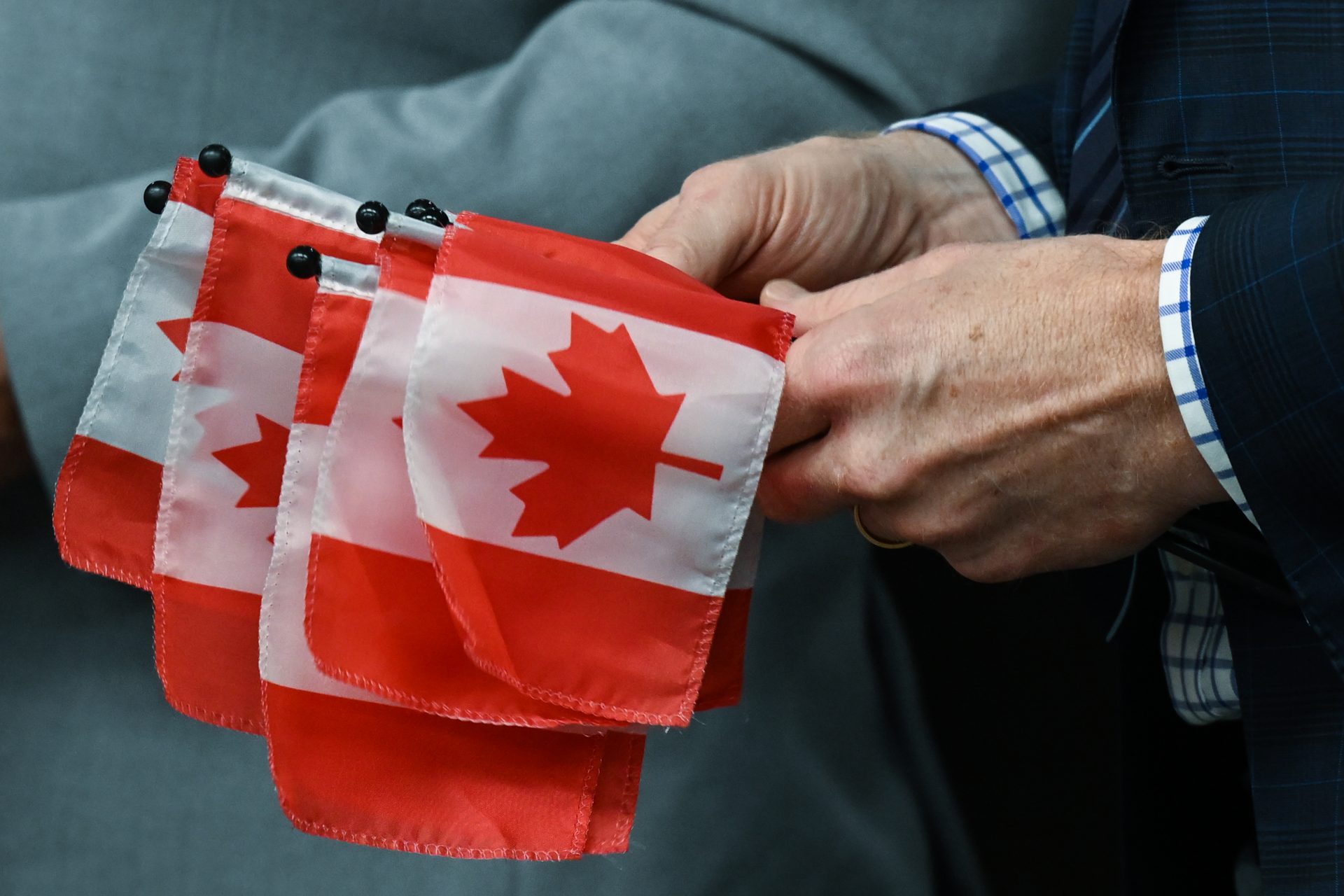The Supreme Court avoided taking total immunity away from Big Tech companies
The Supreme Court passed on the chance to review a federal law that shields social media companies from being sued over user content or how they organize and promote it.
The law, Section 230, is credited as the building block of the Internet. It protects companies from liability for user content. It also allows them to delete posts that break the platform's rules.
The US Supreme Court sided with Google (YouTube), Twitter, and Facebook in two lawsuits that sought to hold them responsible for terrorist attacks.
In the first case, Gonzalez v. Google, the Supreme Court heard the family of an American victim of the 2015 ISIS attacks in Paris on why the company was partially responsible because of the terrorist's use of YouTube.
The family asked the Supreme Court to define if Section 230 also protects internet companies from liability for how they decide to organize and suggest content to users.
Algorithms are the instrument most internet companies use to organize and suggest content. It is the formula behind what a user sees on their Facebook or Twitter timeline. It is also behind what they find first in Google or the videos YouTube recommends.
The YouTube algorithm is under question by the Gonzalez family as more than a way to organize and present content, but an active decision and new creation by Google. They argue this is true because it helps create thumbnails to catalog and show content.
Science has shown that the YouTube algorithm tends to radicalize users already leaning toward extremist ideologies. A 2022 study discovered that 25% of the videos Youtube recommends to users at risk of radicalizing are extreme.
Ultimately, the court said there was no need to review if Section 230 was too broad because it found no solid tie between the company and the Paris attack.
In February, however, the court seemed skeptical about limiting Section 230 because it could leave the companies unprotected. "You are creating a world of lawsuits," Justice Kagan said in the Google case hearing.
In any case, according to the Associated Press, by sidestepping the issue, the high court remains free to take it up in a later lawsuit.
"The Court will eventually have to answer some important questions that it avoided," expert Anna Diakun told the Associated Press, "Section 230 [questions] are consequential and will certainly come up soon in other cases."
The families of victims of a terrorist attack in Istambul pushed the second case. Under the Antiterrorism Act, they sued Twitter, Google, and Facebook, arguing that the platforms helped the terrorists carry out their attack.
According to PBS, Most of their case was dismissed without trial because of Section 230 protection. However, an appeal court backed one of the claims against Twitter. The company, supported by the other two, asked the Supreme Court to review that decision.
Both families argued that the tech giants are not doing enough to prevent their platforms from being used by terrorist groups for organizing and recruiting.
Still, according to the AP, Justice Clarence Thomas said, "claims fall far short of plausibly alleging that defendants aided and abetted the Reina attack," finally siding with Twitter.
More for you
Top Stories





























